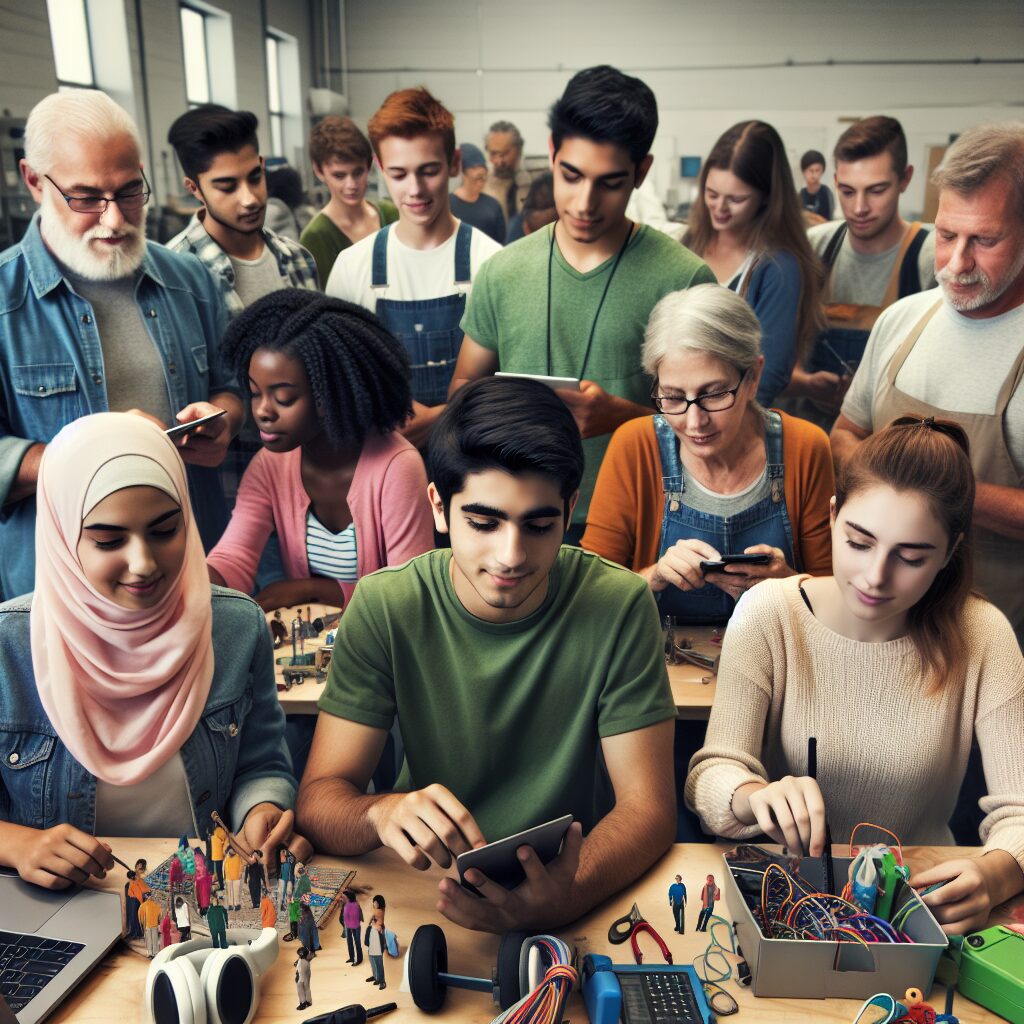
Empowering Futures: The Critical Role of Alternative Education

Alternative Education Deserves Our Full Attention – And That’s a Fact
Let’s get straight to the point: alternative education isn’t just an afterthought; it deserves our full attention. If we’re honest, too many young people fall through the cracks of traditional education systems. But why does this happen? It’s not because they lack potential. Instead, they face unique challenges that require us to change our approach. This is where alternative education comes into play, offering a lifeline to those who might otherwise be left behind.
Why Alternative Education is Crucial
Recently, I had the opportunity to attend a fascinating discussion with a working group from City Skills and The Boxing Academy. The conversation revolved around how we can better support young people as they transition beyond post-16 education. We all agreed on a few key points that could make a significant impact.
Understanding Unique Challenges
First up, let’s talk about the challenges. Many students in alternative provision struggle with issues that are often overlooked by the mainstream system. This could include mental health problems, economic hardship, or perhaps a lack of family support. They need something more than the cookie-cutter solutions often offered in traditional settings. Instead, we ought to acknowledge their specific needs and create customised pathways that allow them to thrive.
Think about it: if every young person’s journey is unique, why should their educational experience be any different? We need tailored approaches that meet students where they are, not where we assume they should be.
Collaboration is Key
Another vital point raised during our discussion was the need for collaboration among organisations. Imagine a world where schools, community centres, and businesses work hand-in-hand to support these young learners. The synergies that can be created from such partnerships can truly empower students.
At City Skills, we believe in the power of community. By bringing together diverse groups, we can share best practices and innovative solutions that can genuinely improve the educational experience for young people in alternative provisions. There’s no one-size-fits-all answer, but with collaboration, we can certainly get closer.
The Importance of Innovative Solutions
So, how can we foster this spirit of innovation? It starts with re-evaluating what we consider ‘success’ in education. For some, success means gaining a few GCSEs; for others, it might be building vocational skills or enhancing life skills that promote independence. Educators and organisations must think outside the box and reimagine the educational landscape.
Real-Life Success Stories
Consider the stories of those who have thrived in alternative education settings. Take Jake, for example. After struggling with traditional schooling, he found his passion for carpentry through an alternative programme. Today, he is thriving as an apprentice, expressing his creativity like never before. His story isn’t just a happy ending; it’s a testament to what tailored educational experiences can achieve.
Such stories remind us that when we truly support students, the results can be remarkable. They don’t just succeed academically; they grow as individuals, ready to contribute positively to society.
How Can We Improve Alternative Education?
This brings us back to the original question: how can we improve support for students in alternative education? It’s not just about funding or infrastructure; it’s about building relationships. We need to engage with the students and listen to their voices. After all, who knows better about their needs than they do?
So, what steps can we take? Here are a few suggestions:
- Encourage open dialogues between students and educators.
- Invest in training programs for staff that focus on the unique challenges in alternative education.
- Foster partnerships between schools and local businesses to provide real-world learning opportunities.
Join the Conversation
As we move forward, I invite you to reflect: what role do you think alternative education should play in our society? Everyone deserves a chance to thrive, regardless of their background. By paying attention to these needs, we can make a real difference. Share your thoughts in the comments below or reach out on social media. Together, we can pave the way for a brighter future for all young learners.




